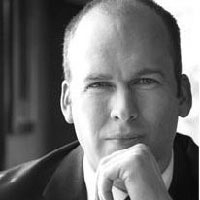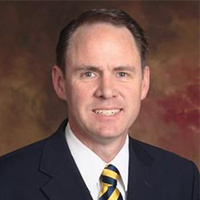Provo Criminal Lawyer, Utah
Sponsored Law Firm
-
 x
x

Click For More Info:
-
Hepworth & Associates
Serving all of Utah » view mapUtah Criminal Lawyers Things Get Better From Here
Providing professional and compassionate representation in various criminal cases. Hepworth & Associates are tough, strong and fair attorneys.
800-625-0860  Michael Hepworth Bountiful, UT
Michael Hepworth Bountiful, UTAttorney At Law - Utah
Sturm College of Law, J.D. - 2014
 Tyler Call Bountiful, UT
Tyler Call Bountiful, UTAttorney At Law - UT, 2015
U of Oregon, J.D. - 2014
 M. Tanner Clagett Bountiful, UT
M. Tanner Clagett Bountiful, UTAttorney At Law - UT, 2016
U of Denver, J.D. - 2014
William H. Nebeker
✓ VERIFIEDWilliam Havens Nebeker handles Divorce, Child Custody, Guardianship, Modification of Divorce Decree, Child Support, Criminal Defense-Traffic Violation... (more)
Randall Spencer
✓ VERIFIEDA lawyer’s lawyer Randall K. Spencer, won his first jury trial in 1993 while still in law school and working under the third-year practice rule. ... (more)
Darrell York
✓ VERIFIEDPrior to becoming a Los Angeles county criminal defense lawyer, Darrell York served 24 years as a Glendale police officer. He spent decades investigat... (more)
Kenneth Parkinson
Jacob S. Gunter
Gary Hill Weight
FREE CONSULTATION
CONTACTFREE CONSULTATION
CONTACT
 Michael Hepworth Bountiful, UT
Michael Hepworth Bountiful, UT




